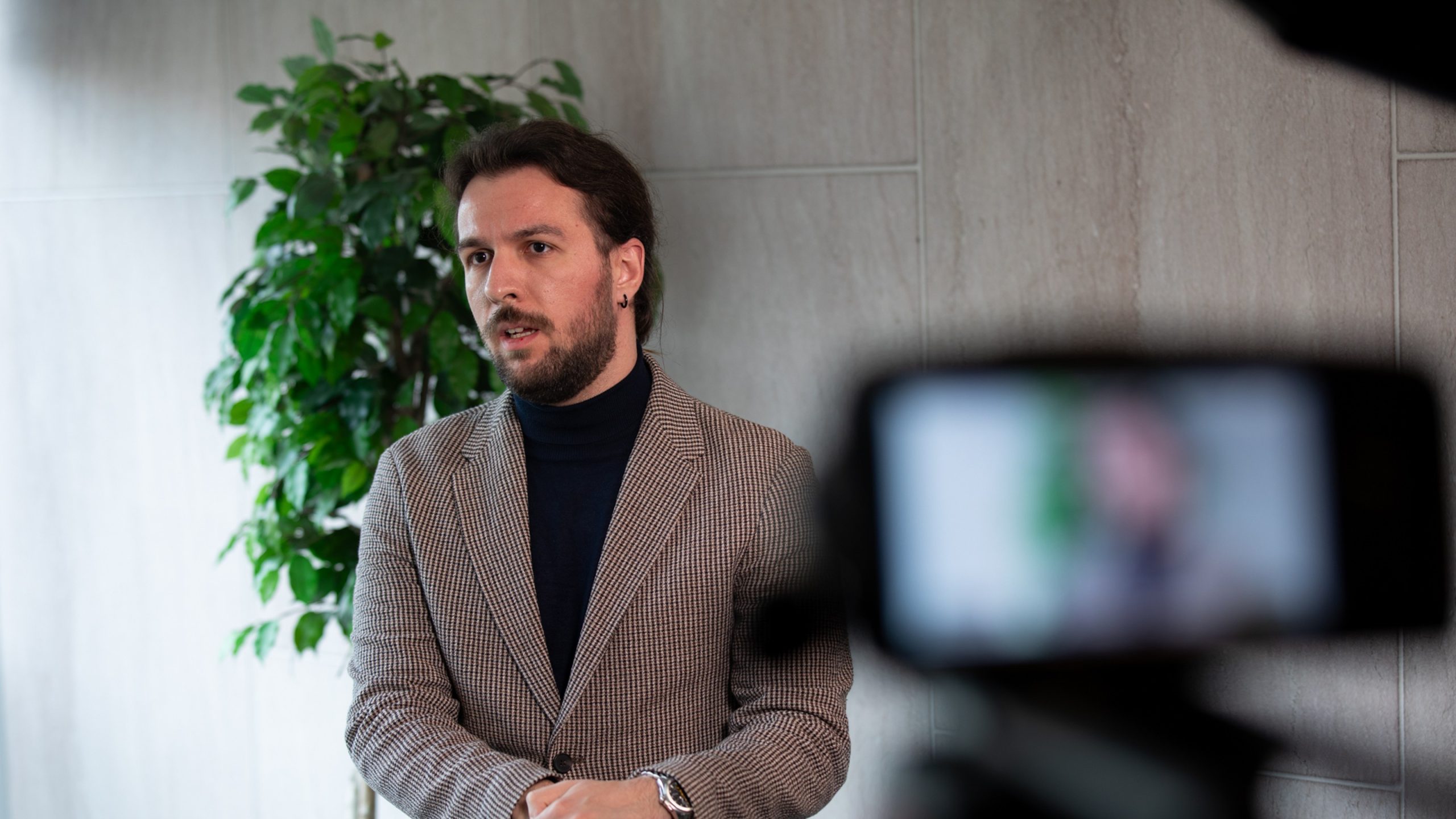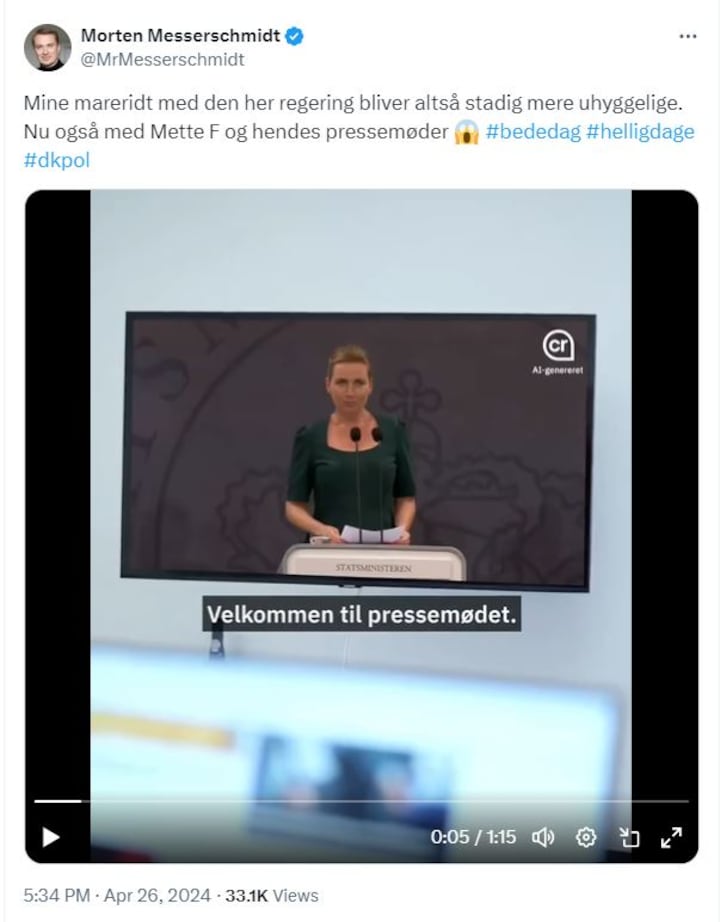Philosophizing black mirror
The idea of body copyright is essentially an attempt to legally frame something that is otherwise self-evident, namely that our bodies belong to us — in general — turning Denmark’s legislative initiative into something that until now we took for granted, namely that our bodies belong to us. However, the very act of legal protection reveals that this self-evident truth has collapsed, has been disrupted, and that technology forces us to define what “ego” means when our voice, image, and even our thoughts can be copied indefinitely, in an effort to re-establish ourselves as the owners of our own selves through third-parameters.
The problem, since it concerns us on a material level, cannot but be ontological. The body is the point of reference for identity, a material boundary that distinguishes the self from the other. When this body can be perfectly reproduced, the boundary collapses, especially when my digital “clone” is no longer a stranger, but not exactly me either. It is a hybrid that carries my voice and my movements, but does not obey my will. And here lies the challenge, not in who owns the intellectual property rights, but in how we maintain the concept of subjectivity, of the self, in a world where the self has multiplied. Body copyright is currently being discussed in market terms, in terms of registration, licensing, and compensation — with the logic being, on the one hand, that it should be protective, but on the other hand, that it transforms identity into capital, and this is not a problem of the solution but part of the problem we are called upon to solve. If my body is an asset, I can rent it, sell it, assign it — or lose it if I cannot pay for its protection. Freedom becomes a privilege, with the problem not being empowerment, but a new form of dependence, where the individual sovereignty that copyright is supposed to defend becomes a prerequisite for participation in society. Thus, the threat leads to an additional problem, where the body is transformed from a place of experience into an object of management, with society functioning not in terms of recognition, but in terms of compliance. A compliance that implies a kind of license where if you do not “protect” yourself, you become either invisible or vulnerable. Consequently, individual identity is no longer a relationship, it is a contract.
The real response to this cannot simply be more rights; we need a concept of “ownership” that does not define the body as a commodity, but as an extension of human dignity, a return to the roots of human rights. A policy that is not limited to financial compensation but ensures that no use of the image or “clone” can take away the autonomy of the person. The philosophical challenge of body copyright is not to find a fair price for our face, or a fair penalty for its misuse, but to ensure that our face never becomes marketable. Only in this way can technology expand, rather than nullify, human freedom.

